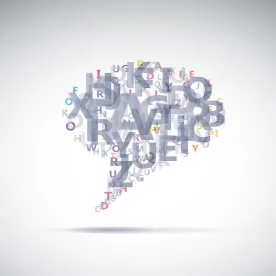In these latest series of blog posts focusing on privacy litigation trends, we discuss four key privacy laws that will impact U.S.-based companies in 2020-2021. Corporate leaders, business owners, and HR professionals should be aware of these state-specific laws, which implicate the privacy rights of consumers or employees, and which will be making significant waves in the privacy litigation arena. These laws are especially relevant for companies seeking to employ Artificial Intelligence (“AI”). In our last post, we discussed the use of biometric technology. Here, we turn our attention to chatbots. Our privacy litigation team has written about the B.O.T. law in greater detail here, so this post focuses instead on this law’s general background and what companies need to know about using bots right now.
The B.O.T. Act went into effect in California last year. This law regulates “bots,” which are defined as “automated online account[s] where all or substantially all of the actions or posts of that account are not the result of a person.” If companies use a bot to communicate with their customers or with the public online, they must disclose this fact or face a penalty of $2,500 per violation.
Sophisticated bots may soon replace workers at many companies, and increased reliance on bot technology may trigger employment-discrimination and privacy claims. In light of this new law and the growing number of privacy-litigation cases filed in California, companies should be especially careful when it comes to legal compliance.
Watch this 1-minute video explaining the B.O.T. law.




 />i
/>i

